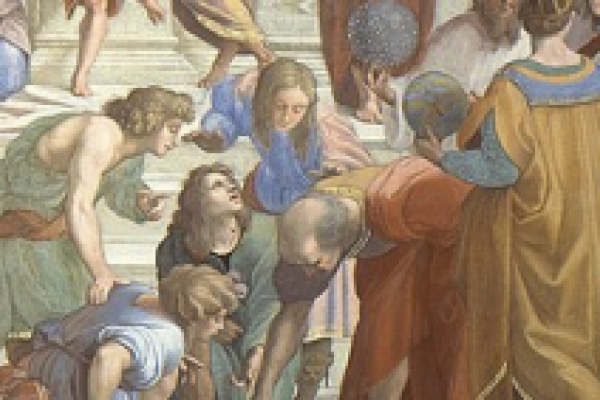Article


Maths in a minute: Pretend primes
Fermat's little theorem and fake primes.




The Fields medallist reveals the beauty of numbers, how he drew inspiration from Sanskrit maths and a Rubik's cube, and how his maths fits with his tabla playing.

We enjoyed Manjul Bhargava's Fields medal lecture so much we wanted to share it with you!
